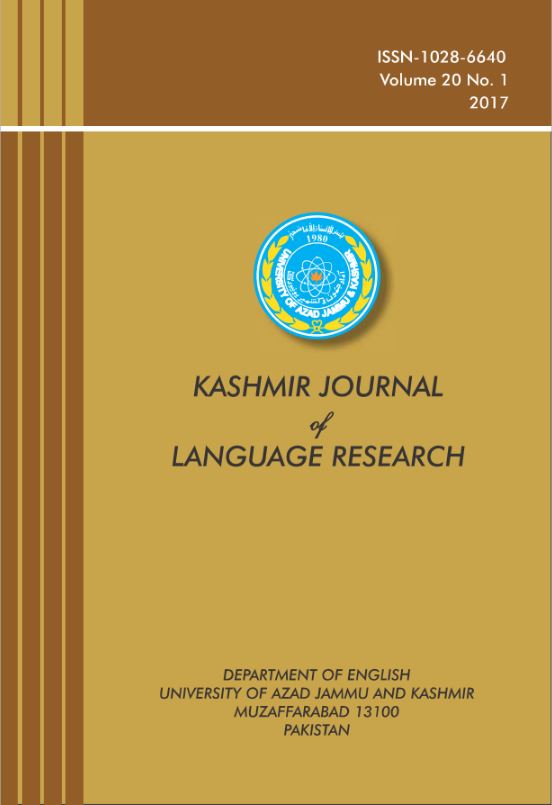A Critical Overview through the Lens of Globalisation
ow to Get Filthy Rich in Rising Asia
Keywords:
Globalisation, New economic world order, Socio-cultural and economic transformation of Pakistan, Urban ecology and planning, Environmental degradationAbstract
This paper aims to critically evaluate Mohsin Hamid’s How to Get Filthy Rich in Rising Asia as a critique of globalisation and its harmful impact on Pakistan’s economy and society. Hamid’s novel discusses globalisation as an economic world order, which has failed to ensure economic development in terms of eliminating economic class divisions, and poor living and health conditions amongst unprivileged groups in developing countries, such as that of Pakistan. The text highlights globalisation as the expansion of global capital, which has established the hegemonic power of the multinational corporations and financial institutions, weakened the control of the state, and, with its ‘market ethos’ and through its corporate networking, promoted a culture of materialism and commodity in Pakistan. The author also draws our attention to the absence of a coherent economic and social policy in Pakistan, which can administer the free flow of capital and accordingly encounter profit-oriented workings of business corporate. As a result, as the text illustrates, Pakistan has failed to improve its economy and social conditions. The text offers numerous references concerning unplanned urban sprawl, urban and rural slums, a lack of power and other living facilities, a lack of proper education and health services, corruption and environmental degradation,all of which, when combined, show that globalisation, with its free flow of capital, technology and new media, has failed to achieve its developmental aims in Pakistan.

Downloads
Published
Issue
Section
License
Copyright (c) 2022 Kashmir Journal of Language Research

This work is licensed under a Creative Commons Attribution 4.0 International License.




